There’s nothing like the excitement of getting hooked on a new show—the kind where you cancel plans just to watch one more episode. And then, somewhere along the way, it just… falls apart. Maybe the writing gets messy, maybe your favorite character takes a weird turn, or maybe the whole vibe shifts like the creators forgot what made it great in the first place.
These 15 shows had us in the beginning. They pulled us in with sharp writing, great characters, and big potential. But as the seasons rolled on, things got off track—sometimes slowly, sometimes all at once. It’s the TV version of “what could have been,” and honestly, we’re still a little bitter.
Lost
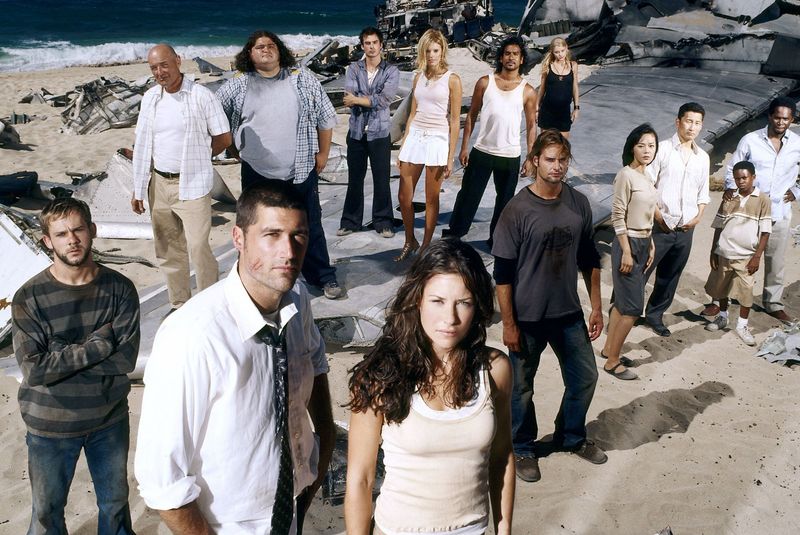
“Lost” initially captivated audiences with its mysterious island and complex characters. As each episode unfolded, viewers were hooked by the show’s puzzles and the promise of answers. Yet, as the series progressed, the plot became increasingly convoluted.
New mysteries were introduced without resolutions to old ones, leading to frustration. The once-intriguing narrative threads became tangled, leaving many fans unsatisfied.
Despite its strong start, “Lost” is often cited as a show that lost its way, with its finale leaving more questions than answers. Still, its impact on TV storytelling is undeniable.
Dexter
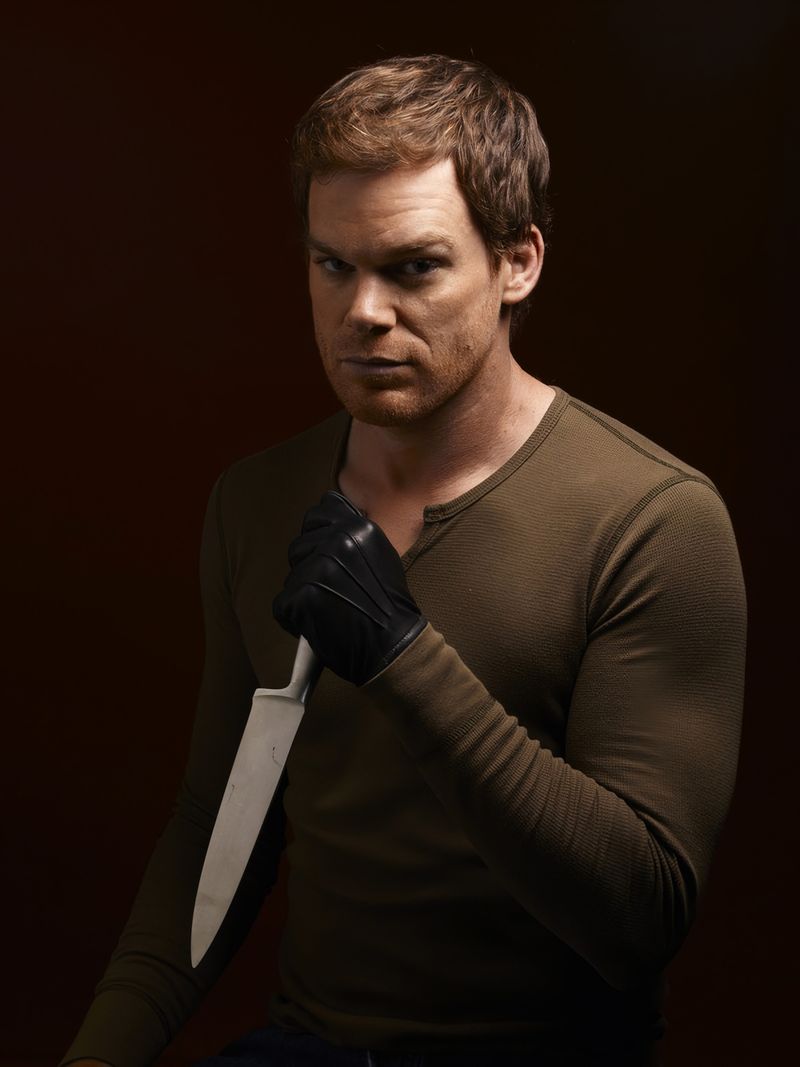
Dexter Morgan, a charming serial killer who only targets other killers, was a unique protagonist. The show thrived on its moral ambiguity and suspense. However, as time went on, the plot began to unravel.
Characters made increasingly questionable decisions, and the storylines grew implausible. The once-thrilling cat-and-mouse game lost its edge.
By the final season, fans were left disappointed with plot twists that felt forced and a finale that failed to deliver closure. “Dexter” reminds us that sustaining a strong narrative requires careful planning.
Heroes
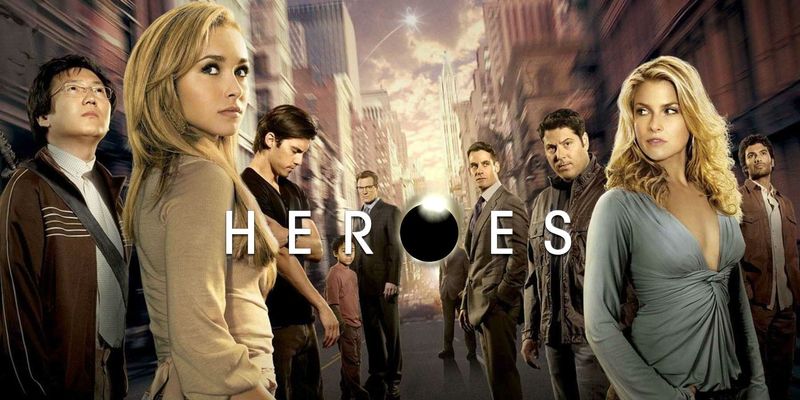
“Heroes” burst onto the scene, offering a fresh take on super-powered individuals living among us. Its first season was a masterclass in storytelling, blending personal drama with epic stakes.
However, as the show continued, it struggled to maintain its momentum. Characters were introduced and discarded at a dizzying pace, and the plot became muddled. The initial thrill waned.
In its attempt to expand the universe, “Heroes” lost focus, leaving viewers perplexed and yearning for the magic of Season 1. Its fall from grace is a cautionary tale for showrunners.
The X-Files
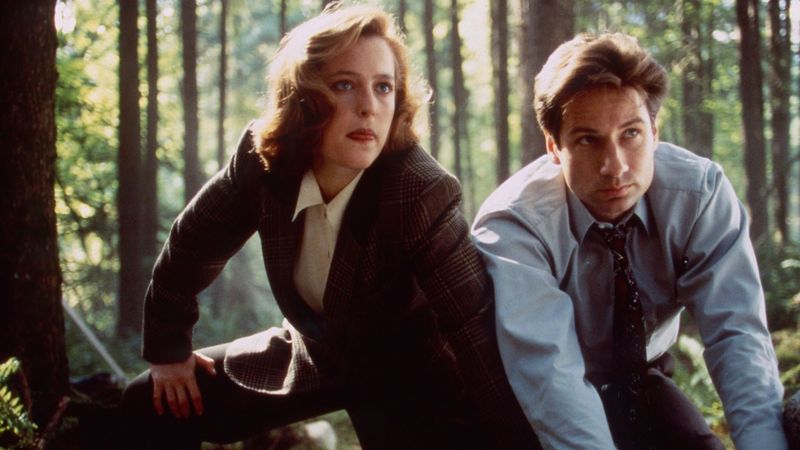
“The X-Files” became iconic for its eerie paranormal cases and the chemistry between Mulder and Scully. Initially, it balanced monster-of-the-week episodes with a larger conspiracy arc.
Over time, the central conspiracy grew convoluted, with plotlines so intricate that even dedicated fans struggled to keep up. The series’ revival seasons only added to the confusion.
While “The X-Files” remains beloved, its later seasons serve as a reminder that even successful formulas can falter without clear direction. Its cultural impact, however, is beyond question.
How I Met Your Mother
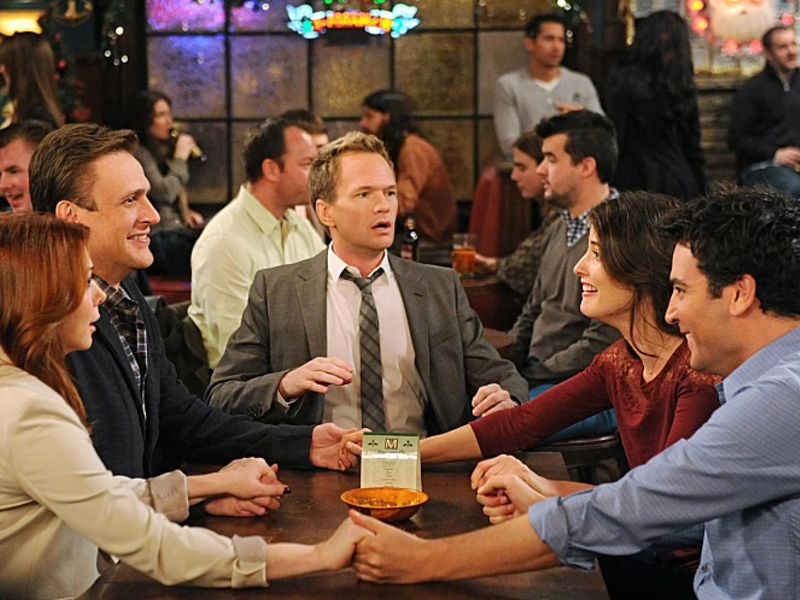
“How I Met Your Mother” charmed audiences with its witty storytelling and lovable characters. The quest to find the mother was both intriguing and heartwarming. Yet, as the series dragged on, the original conceit wore thin.
Filler episodes and drawn-out storylines tested viewers’ patience, with the final season’s twist leaving a sour aftertaste.
Despite its rocky end, the show delivered plenty of laughs and memorable moments. Still, it highlights the risk of stretching a storyline too far. Its legacy lives on, for better or worse.
Game of Thrones

Initially lauded for its complex characters and intricate political intrigue, “Game of Thrones” set a high bar for fantasy television. The show excelled in building a rich, immersive world that captivated millions.
However, as it neared its conclusion, the storytelling pace felt rushed. Key character developments were abandoned, and plotlines were hastily resolved.
The final season sparked widespread disappointment, overshadowing the show’s earlier achievements. “Game of Thrones” serves as a stark reminder of the importance of pacing and satisfying conclusions in epic tales.
True Blood
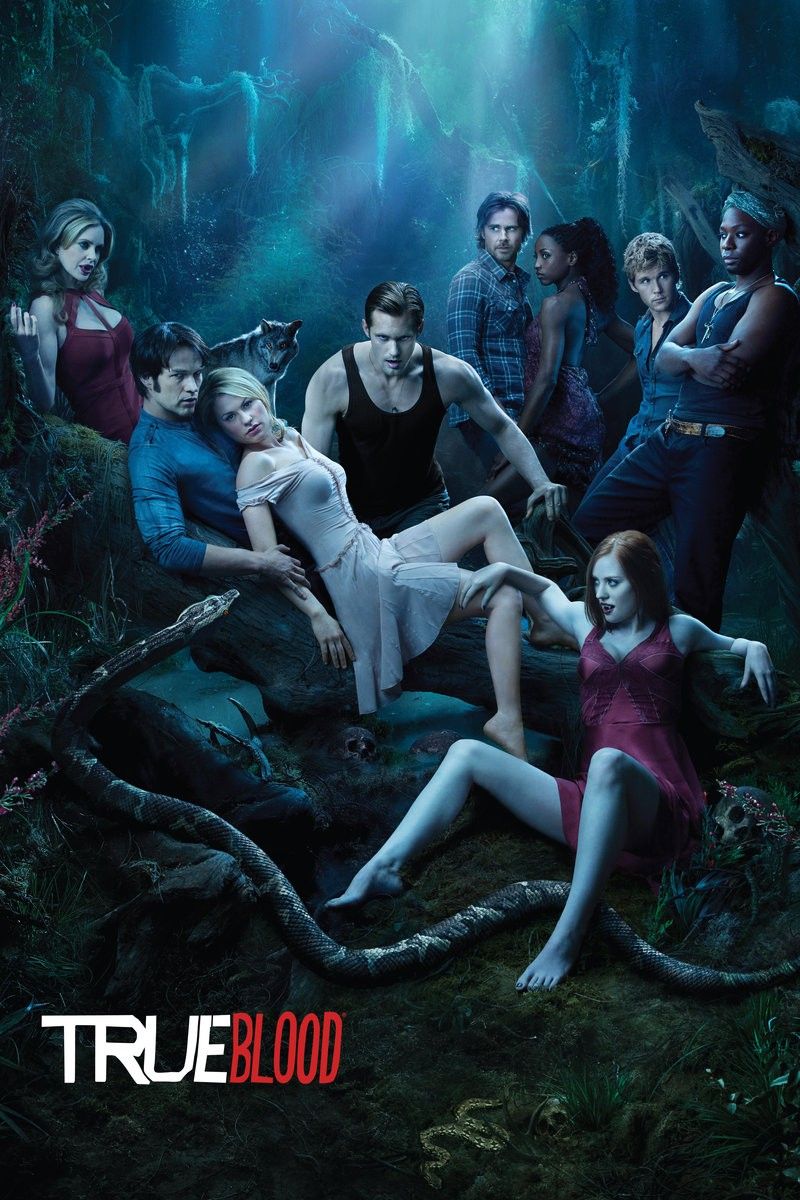
“True Blood” initially drew viewers in with its blend of southern charm and supernatural excitement. The show’s unique take on vampires coexisting with humans was refreshing.
However, as the seasons progressed, the plot became overly cluttered with too many mythical creatures and convoluted storylines. The initial allure faded.
Despite its creative premise, “True Blood” struggled to maintain the balance that made it a hit. Its decline is a testament to the challenges of expanding a fantastical universe without losing coherence.
The Walking Dead

“The Walking Dead” captivated viewers with its intense survival horror and complex characters. The show thrived on the tension between the living and the undead.
Over time, however, repetitive plotlines and character arcs began to wear thin. The thrill of survival was replaced with predictable narratives and drawn-out episodes.
Though it remains popular, “The Walking Dead” illustrates the difficulty of sustaining excitement over multiple seasons in a post-apocalyptic setting. Its decline highlights the need for innovation to keep long-running series fresh.
Glee

“Glee” brought musical theater to mainstream television with its catchy songs and diverse cast. The initial seasons struck a chord with audiences, blending humor and heartfelt moments.
As the series continued, the once-charming narrative became erratic. Storylines grew increasingly outlandish, and character development was sidelined in favor of spectacle.
The show’s uneven tone and lack of focus ultimately left fans disillusioned. “Glee” serves as a reminder that while innovation is key, consistency and character depth are equally important for long-term success.
Scrubs

“Scrubs” combined humor and heartfelt storytelling, capturing the ups and downs of life in a hospital. The show’s quirky characters and unique narrative style endeared it to viewers.
However, the final seasons saw a shift in focus and cast changes that disrupted its charm. The original magic faded as new characters struggled to fill the shoes of beloved ones.
Despite its decline, “Scrubs” remains a classic in medical comedy. Its journey from brilliance to a muddled end highlights the challenges of maintaining consistency over time.
Prison Break
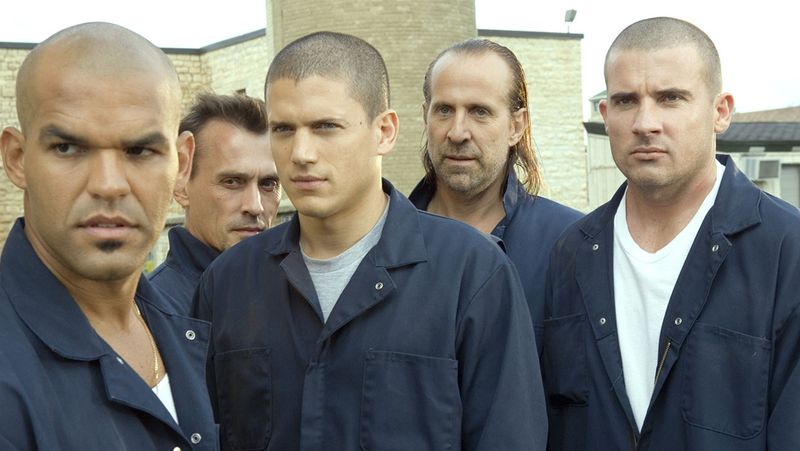
“Prison Break” hooked fans with its thrilling escape plan and complex characters. Michael Scofield’s ingenious tattooed blueprint was a masterstroke. However, as the series progressed, believability went out the window.
Convoluted plots, unrealistic scenarios, and diminishing tension plagued its later seasons. What began as a gripping narrative became a stretch of improbable twists.
While “Prison Break” started with a bang, its legacy is a lesson in the perils of overextending a premise. The thrill of the initial escape remains its crowning achievement.
Weeds

“Weeds” offered a darkly comedic look at suburban life, following Nancy Botwin’s unexpected turn to drug dealing. The show’s sharp wit and fresh premise made it a hit.
Over time, however, the narrative took increasingly absurd turns, distancing itself from its original charm. Plotlines grew more chaotic, and the humor dulled.
In its attempt to push boundaries, “Weeds” lost the grounded humor that set it apart. Its decline underscores the balancing act required to maintain a show’s original identity while evolving.
Supernatural
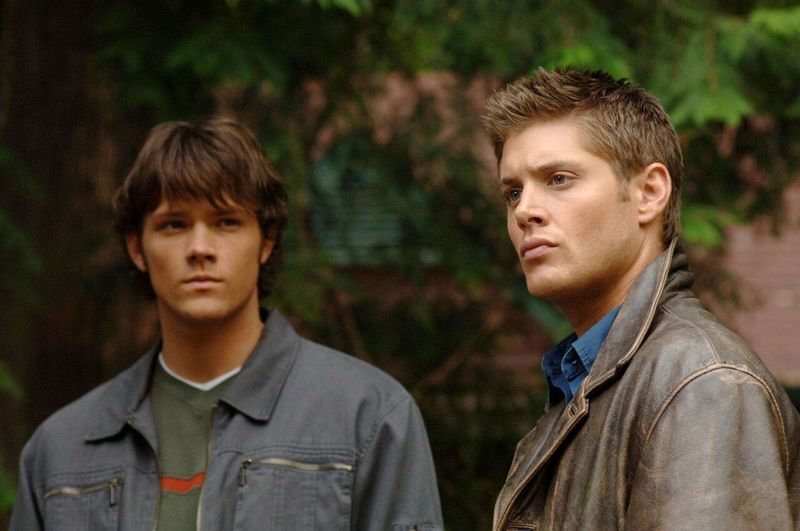
“Supernatural” began with the Winchester brothers fighting demons and uncovering family secrets. The show’s blend of horror and humor captured a loyal fanbase. Yet, as seasons passed, storylines began to feel repetitive.
New mythologies were introduced, sometimes overshadowing the original appeal. The series, while beloved, struggled to maintain momentum after over a decade on air.
Despite its longevity, “Supernatural” reflects the challenges of keeping a long-running series fresh and engaging. Its dedicated fanbase, however, remains a testament to its initial impact.
The Office

“The Office” became a cultural phenomenon with its mockumentary style and hilarious depiction of office life. The show’s clever writing and relatable characters won hearts worldwide.
As it continued, the departure of key cast members and shifts in tone affected its dynamic. The show struggled to regain its footing in later seasons.
Though it ended on a positive note, “The Office” illustrates the impact of cast changes on a show’s chemistry. Its legacy as a comedy classic endures, despite its uneven latter years.
Grey’s Anatomy

“Grey’s Anatomy” captured hearts with its blend of medical drama, romance, and personal growth. The show thrived on its emotional depth and engaging characters.
However, as seasons progressed, the narrative became tangled with an abundance of dramatic twists. The constant turnover of characters also diluted its impact.
While still popular, “Grey’s Anatomy” highlights the challenges of sustaining a medical drama over many years. Its initial success set a high standard, but maintaining it proved difficult as time went on.
